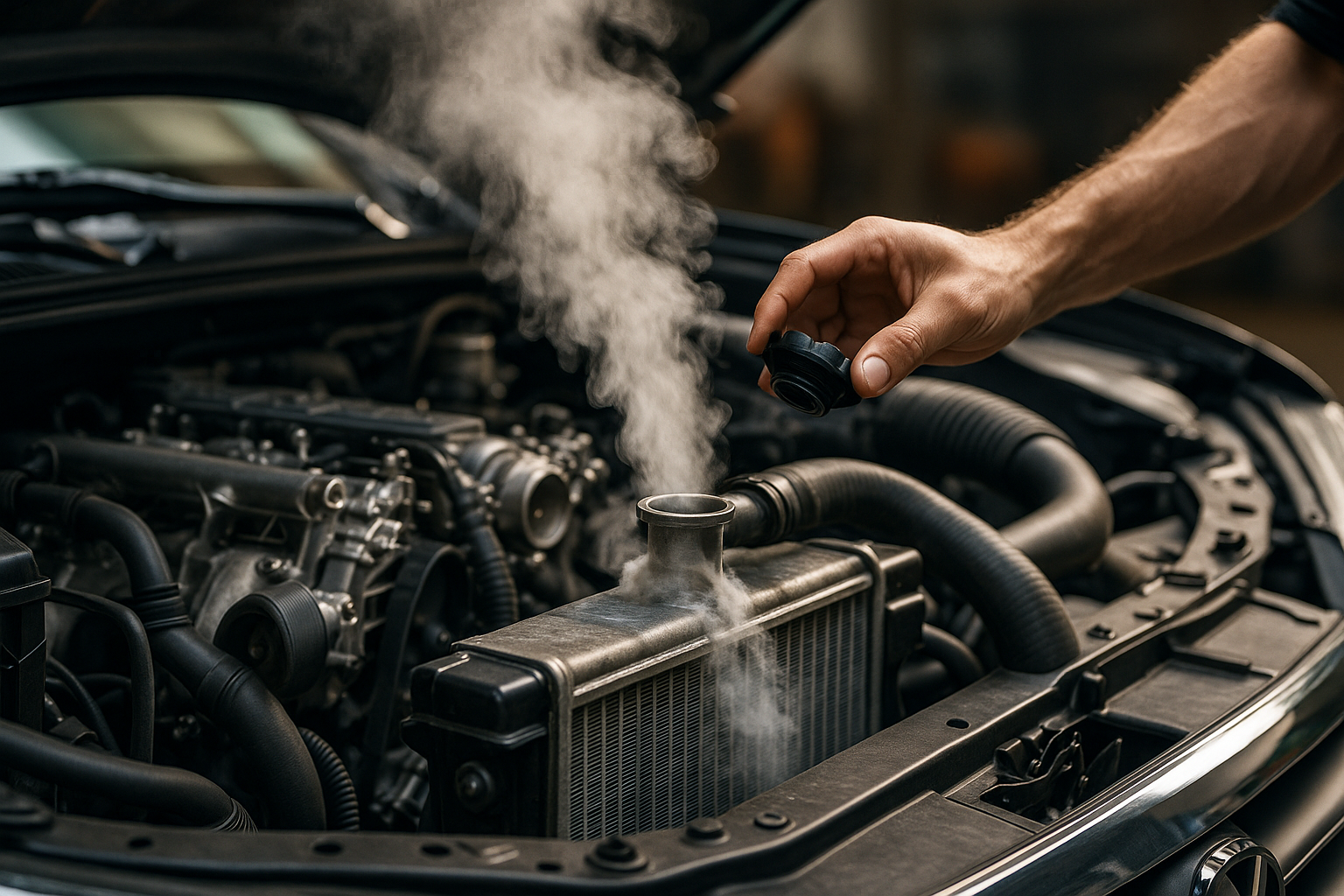Understanding Engine Damage: Causes, Prevention, and Solutions
Used engine deals provide cost-saving opportunities for vehicle repairs or replacements. Engines may come from salvaged vehicles or reconditioned units. Buyers often weigh factors such as mileage, warranty availability, and compatibility with their vehicle model.

What are the primary causes of engine damage?
Engine damage can occur due to various factors, often resulting from neglect or improper maintenance. Some of the most common causes include:
-
Lack of regular oil changes: Engine oil lubricates moving parts and helps dissipate heat. When oil becomes contaminated or depleted, it can lead to increased friction and overheating.
-
Overheating: Excessive heat can cause engine components to warp, expand, or crack, leading to severe damage.
-
Coolant leaks: A coolant system failure can quickly lead to overheating and subsequent engine damage.
-
Timing belt failure: If a timing belt breaks, it can cause the pistons to collide with valves, resulting in extensive internal engine damage.
-
Driving with low oil pressure: This can cause metal-on-metal contact between engine components, leading to rapid wear and potential failure.
How can engine damage be prevented?
Preventing engine damage is largely a matter of proper maintenance and attentive driving habits. Here are some key strategies:
-
Follow the manufacturer’s recommended maintenance schedule, including regular oil changes and fluid checks.
-
Pay attention to warning lights and unusual noises, addressing them promptly.
-
Use the correct grade of oil and coolant for your specific vehicle model.
-
Avoid overloading your vehicle or towing beyond its rated capacity.
-
Allow your engine to warm up properly, especially in cold weather.
-
Regularly inspect belts and hoses for signs of wear or damage.
What are the signs of engine damage?
Recognizing the early signs of engine damage can help prevent more severe issues. Look out for:
-
Unusual noises such as knocking, ticking, or rattling.
-
Excessive exhaust smoke or unusual colors (blue, white, or black).
-
Decreased performance or fuel efficiency.
-
Illuminated check engine light or other warning indicators.
-
Vibrations or roughness while idling.
-
Oil or coolant leaks beneath the vehicle.
What solutions are available for engine damage?
When faced with engine damage, vehicle owners have several options:
-
Repair: Minor issues can often be repaired without replacing the entire engine.
-
Rebuild: For more extensive damage, rebuilding the engine may be a viable option.
-
New engine replacement: While often the most expensive option, it provides a long-term solution with a new warranty.
-
Used engine replacement: A cost-effective alternative that can significantly extend the life of a vehicle.
How can used engines be a viable solution?
Used engines can offer a balance between cost and reliability for vehicles with severe engine damage. Here are some considerations:
-
Cost savings: Used engines are typically much less expensive than new ones, often costing 50% to 70% less.
-
Availability: Used engines are widely available for many vehicle makes and models, often with relatively low mileage.
-
Environmental benefits: Choosing a used engine reduces the demand for new parts production and helps recycle existing resources.
-
Potential for quality: Many used engines come from vehicles with low mileage or those that have been well-maintained.
-
Warranty options: Some suppliers offer warranties on used engines, providing additional peace of mind.
What should you consider when looking for used engine deals?
When exploring used engine options, keep these factors in mind:
-
Mileage: Lower mileage engines generally have more life left in them.
-
Vehicle compatibility: Ensure the engine is compatible with your specific make, model, and year.
-
Supplier reputation: Research the supplier’s track record and customer reviews.
-
Inspection and testing: Look for suppliers who thoroughly inspect and test their engines before sale.
-
Warranty coverage: Compare warranty options among different suppliers.
-
Installation costs: Factor in the cost of professional installation when budgeting for a used engine.
In conclusion, understanding engine damage, its causes, and prevention strategies is crucial for vehicle owners. While proper maintenance is key to avoiding issues, used engines can provide a cost-effective solution when severe damage occurs. By carefully considering the options and conducting thorough research, vehicle owners can make informed decisions to address engine damage and extend the life of their vehicles.




